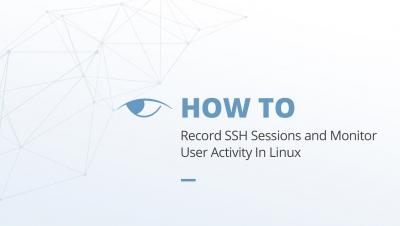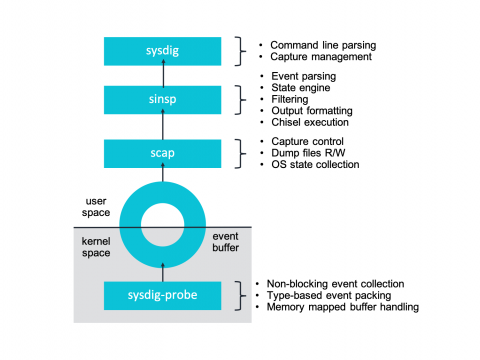Drovorub "Taking systems to the wood chipper" - What you need to know
On August 15th the NSA and FBI published a joint security alert containing details about a previously undisclosed Russian malware. The agencies say that the Linux strain malware has been developed and deployed in real-world attacks by Russian military hackers.









